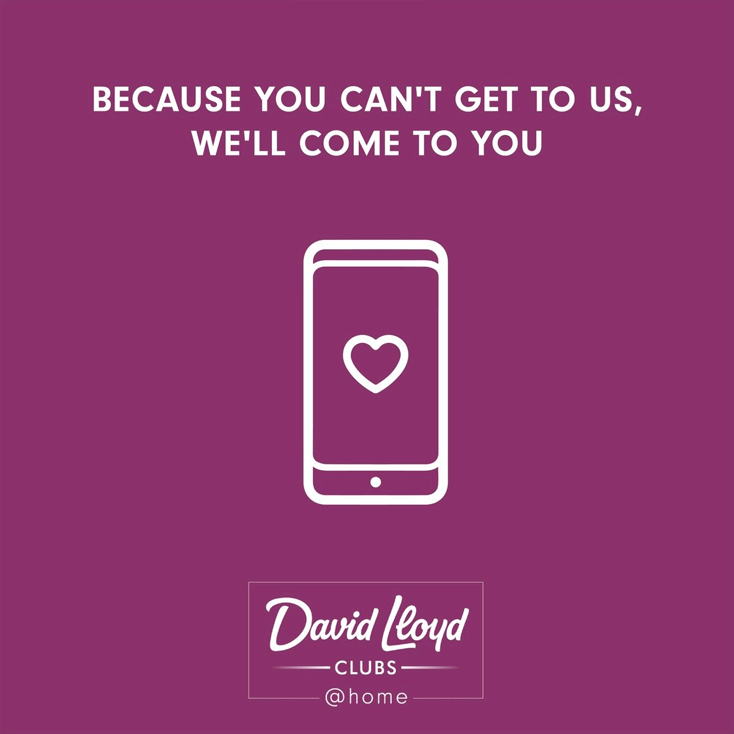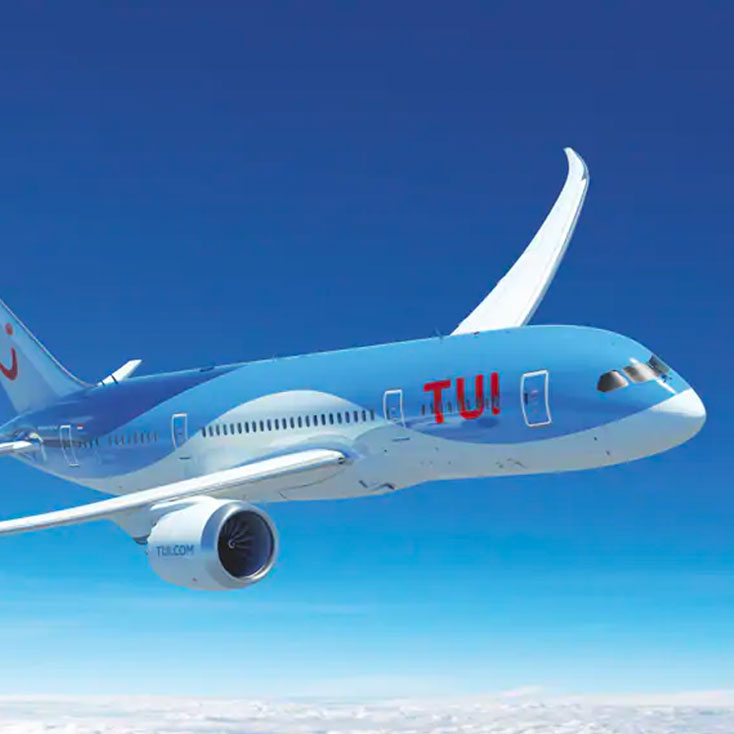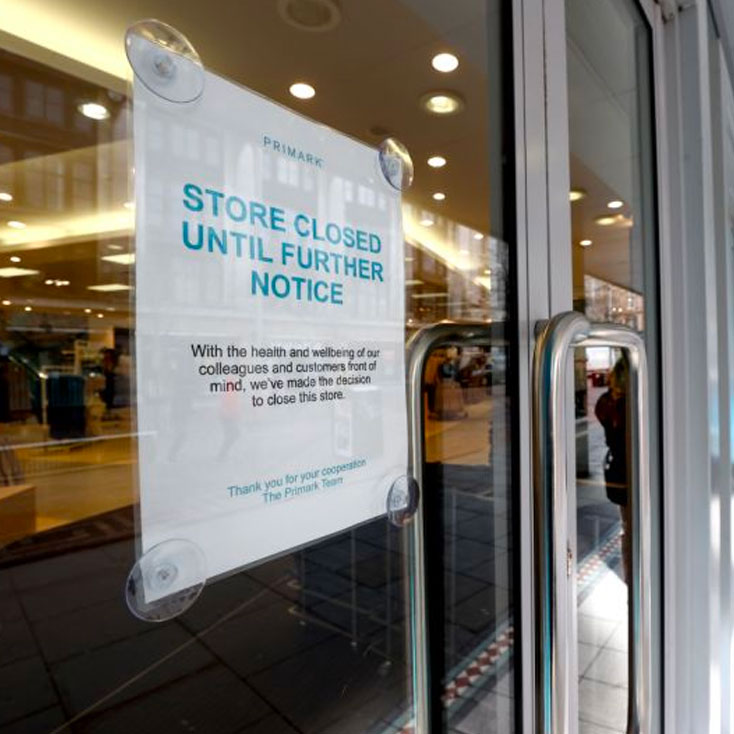Remote Work Strategies in 2020: Who Won, Who Lost?
Almost overnight, working remotely went from an interesting concept to an essential part of business. As Covid-19 spread around the globe, businesses of all sizes and in every industry rushed to radically change their processes and procedures in an effort to keep trading.

However, a remote working policy isn’t as simple as giving everyone a laptop and telling them to get on with it. Companies in the past, even those with large resources (such as Yahoo and IBM) have experimented with working from home but then reversed their decision when things haven’t gone to plan.
It’s still early days, but as lockdown restrictions are starting to be tentatively lifted, I’ve taken a look at how some businesses have adjusted and kept going, while others have taken a hard hit:
Brewdog

Pubs have been hit harder than most and will be among the last businesses to have restrictions lifted. While some have seen their business literally go down the drain, others have managed to keep things going with takeaways and deliveries.
Brewdog, a brewery and pub chain, managed to take things further by opening their online bar, The Open Arms, with quizzes, live music, home brewing lessons and more. On top of this, they’ve also put in place other initiatives, such as using their facilities to produce (and donate) over £1m worth of sanitiser as well as sending out vouchers for a free beer when this is all over.
David Lloyd Clubs
After that drink, it’s time for a workout. Joe Wicks stole headlines and took over the nation’s living rooms with live-streamed exercise classes, popular with both kids and adults. With gyms left empty, both individual trainers and national chains quickly adapted their businesses to deliver online videos that people could enjoy from the comfort of their own home.
As many of these are available for free, it’s tough to see how companies can continue to compete and do business. However, health club operator David Lloyd has introduced the ‘@home’ paid membership. Available free of charge for existing members, non-members can sign up for a £4.99 monthly subscription. By offering a wide range of workouts and different activity plans, they’re hoping to keep business going.


With the majority of their business taking place online, many tech companies have had an advantage when it comes to introducing remote working policies. Even before the lockdown was officially in place, Google encouraged employees in Ireland to begin working from home. Still, the change hasn’t been without challenges, as Google has struggled to provide all employees with the hardware they need.
However, while others have been more cautious and extended the option to work from home to the end of the year, Twitter is one of the big names in tech to announce that staff will be able to work from home “forever”. With the measures proving a success, many of their employees may never set foot in an office again (while allowing those who are missing the ‘water cooler chat’ to return if they wish). In an email sent out by Twitter, the company said: “The past few months have proven we can make that work. So if our employees are in a role and situation that enables them to work from home and they want to continue to do so forever, we will make that happen.”
TUI
It’s difficult to imagine an industry in more trouble right now than tourism. While other businesses have adapted, it’s a lot harder to see what would be possible for holiday operators. It was no great surprise then when TUI announced that up to 8,000 jobs were in danger. Shares have plummeted, as the company faces its “greatest crisis”.
They’ve not thrown the towel in yet though. TUI now plans to restructure the business, selling off any parts that are no longer profitable. Beyond that, they are setting their sights on (rather ambitiously) “reinventing” the holiday. Reports mention new destinations, longer travel seasons, and more “digitalisation”, although what this will look like in practice remains to be seen.

Primark

Empty high streets have hurt retailers. While many have relied on their online presence, one in particular has been left out in the cold. With no online store, Primark has seen its monthly sales drop from £650m to zero, with nothing sold during the time stores have been closed.
Without the infrastructure in place, it’s proven impossible to completely change their business model. While staff prepare to return to work after the end of lockdown, the long-term impact on the business remains to be seen. One major positive for bargain hunters though, they’re planning a huge sale upon re-opening to clear over £1.5bn of stock that went unsold over the last few months!
Conclusion
You don’t need me to tell you that it’s been a strange, challenging time. Some companies have risen to that challenge, adapting their business to remote work and providing valuable services. Others have found that carrying on any kind of work is simply impossible due to lack of infrastructure or tools to make that monumental shift to digital.
The truth is that change is always inevitable, in any business, whether there’s a pandemic or not. By regularly assessing your processes, optimising your operations, and being open to adaptation, you can drastically improve your chances.
How has your business adapted to remote working? How are you planning your return to success as we begin to go back to work? We’d love to hear your story and opinions in the comments section on LinkedIn.
Graphite Partners can help you simplify your processes, remotely and in the office, whilst cutting costs and allowing you to focus on higher-value tasks. Book a discovery call with one of our consultants today to discuss how.
